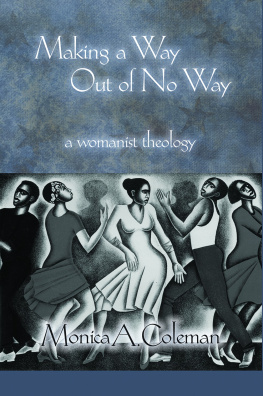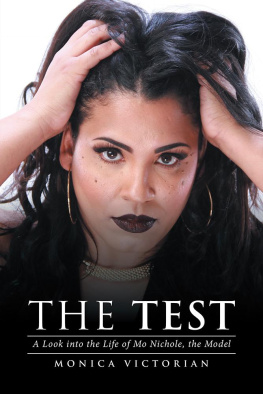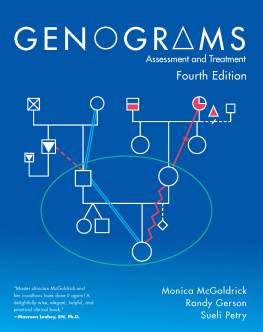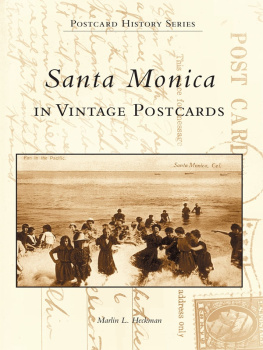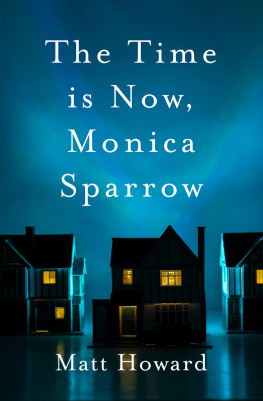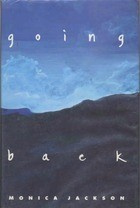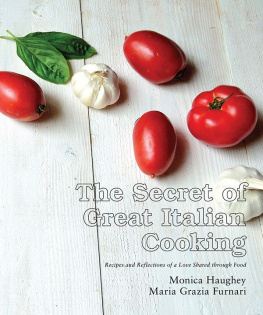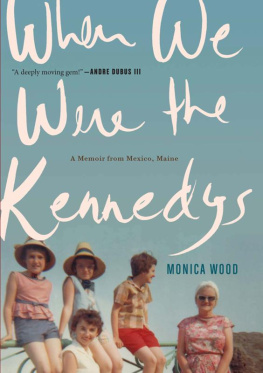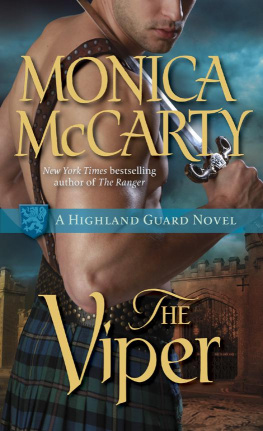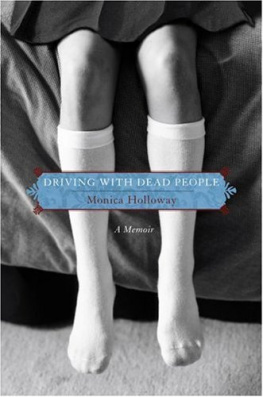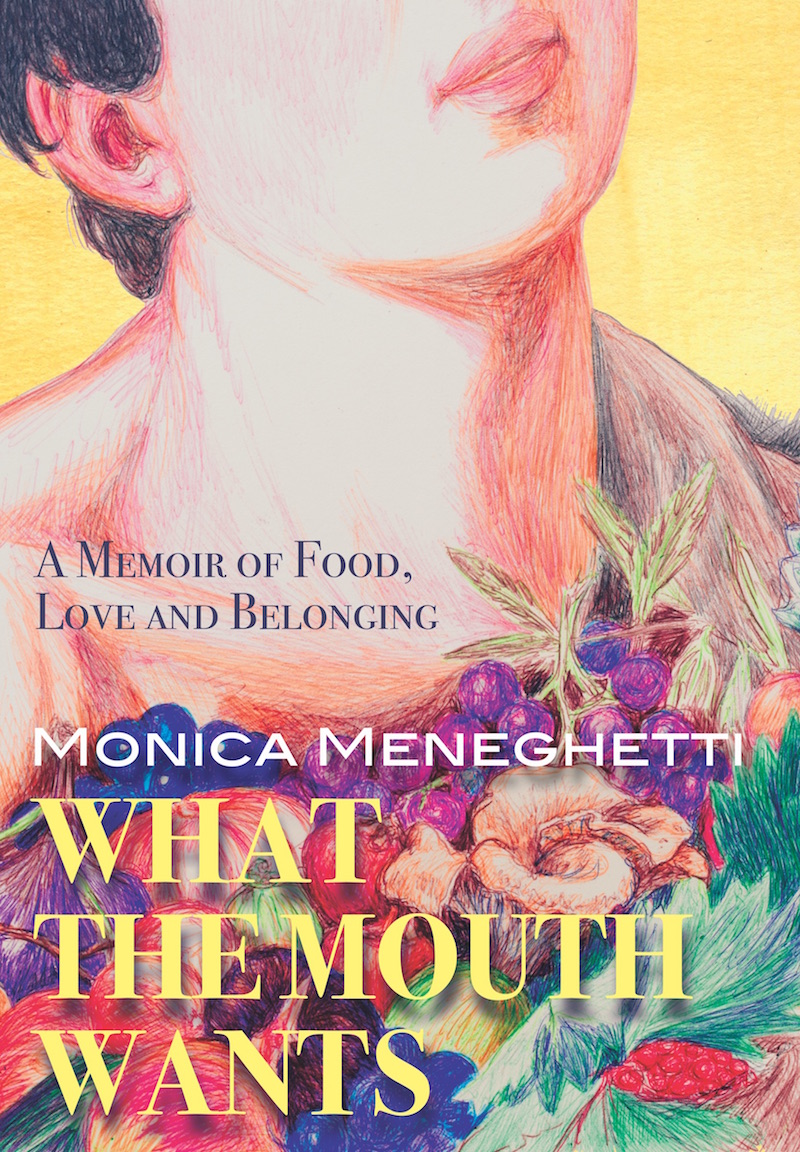What the Mouth Wants
Copyright 2017 Monica Meneghetti
All rights reserved. No part of this publication may be reproduced, stored in a retrieval system or transmitted, in any form or by any means, without prior permission of the publisher or, in the case of photocopying or other reprographic copying, a licence from Access Copyright, the Canadian Copyright Licensing Agency, .
Caitlin Press Inc.
8100 Alderwood Road, Halfmoon Bay, BC V0N 1Y1
www.caitlin-press.com
Text and cover design by Vici Johnstone
Cover and interior illustrations by Sheryl McDougald
Printed in Canada
Caitlin Press Inc. acknowledges financial support from the Government of Canada and the Canada Council for the Arts, and the Province of British Columbia through the British Columbia Arts Council and the Book Publishers Tax Credit.



Library and Archives Canada Cataloguing in Publication
Meneghetti, Monica, 1967-, author
What the mouth wants : a memoir of food, love and belonging / Monica Meneghetti.
ISBN 978-1-987915-35-8 (softcover)
1. Meneghetti, Monica, 1967-. 2. Meneghetti, Monica, 1967- Family. 3. Bisexual womenCanada--Biography. 4. Catholics--CanadaBiography. 5. Italian CanadiansBiography. 6. Bisexual womenIdentity. 7. Non-monogamous relationships. 8. Autobiographies. I. Title.
HQ75.4.M46A3 2017 306.7663092 C2016-907712-8
What the Mouth Wants
A Memoir of Food, Love and Belonging
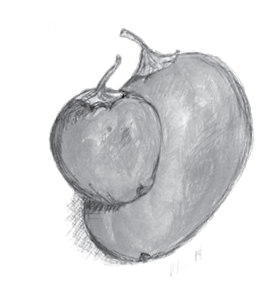
Monica Meneghetti
Dagger Editions
Some of the names in this book have been changed to protect the privacy of the individuals.
For my mom, lombra al mio fianco.
Contents
Acknowledgements
Late bloomers stories are invariably love stories, wrote Malcolm Gladwell in the October 20, 2008, issue of the New Yorker. My story proves him right.
Sheldon, without your titanium brand of love and character, and your tireless dedication over the past twenty-one years, I would not have this life or this book. Thank you for teaching me to laugh about everything. Tasha, without your adventurousness, courage, patience and sweetness, I would not still be living this dream-come-true nine years later. Your passion for cooking inspired me, revived my love of food, and affirmed the meaning I place on an excellent meal. And thank you to my sister, who believed in my talent before I had anything to show for it, and who gave me The Artists Way by Julia Cameron a book that transformed my creative life.
My friends are amazingly supportive. Thanks are due especially to Jane Bateman for her sensitive, insightful reading of my early drafts and proofreading of the final ones; Rachel Iwaasa for her wise counsel and rare fusion of aesthetic insight and keen intellect, as well as proofreading; Mette Bach for laughing, listening and encouraging; and Tina McAlister for reminding me finishing is good enough. Gratitude to my Treehouse Collective, Laurie Dawson and Kim Mayberry. We swung our feet over the void and boosted one another closer to our dreams. I was also fortunate to meet a pack of cuddle monsters who generously nurtured and energized me during the final months of writing the initial manuscript.
My writing is an expression of that vital energy which is known by many names: spanda, pneuma, shakti, spiritus, qi, mana, ruach,vril, ki Inspired by Dylan Thomas poem, I call it green-fuse force. May it ever flow through me.
I am deeply grateful for my spiritual communities, especially my past and present guides on the path: Cindy Pujos-Michel, Carole Harmon, Anne Douglas, Lynn Swift and Gary Sill.
Numerous people have helped me to dig deeper and hone my craft, beginning with Jim Bedard, my grade ten English teacher, and culminating with UBC faculty members Wayne Grady, Susan Musgrave and Sioux Browning. Heartfelt thanks also to my mentors at The Banff Centre Writing Programs, Candas Jane Dorsey, Daphne Marlatt and Elizabeth Philips. Without all of you, I would never have come this far.
Jan Sommer and Glenn Watterberg, thank you for coaching me through the emotionally rigourous process of writing memoir. Thanks also to Eric Maisel whose book, Fearless Creating, has guided me through the various anxieties of the creative process for many years.
Bringing this project to fruition required a few final key ingredients: Fabians intrepid heart, playful spirit and nurturing wisdom; Vici Johnstones publishing acumen and the combined expertise of her Dagger Editions team; the insightful, frame-changing questions of Candace Elder (Creative Insight Coaching) and Melina (Radical Relationships Coaching); and the safety net of an extremely diverse and resilient community of queers and polyamorists in Cyberspace, Vancouver, and beyond.
Without the work of countless courageous writers, I would never have found the internal strength to be who I am, much less write it on a page: Robyn Ochs, Pepper Mint, Lani Kaahumanu and Loraine Hutchins, Dossie Easton and Janet Hardy, Carol Queen and Lawrence Schimel, Timothy J. Anderson and Candas Jane Dorsey, and Anas Nin, to name a few.
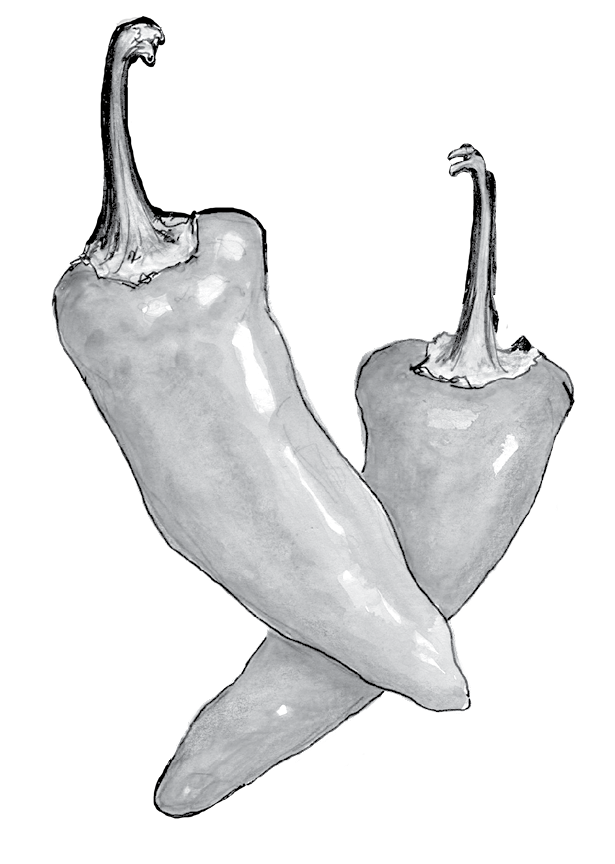
Antipasti
Tongue
The tongue lies inside. Inside, right from the start. Inside our fetal mouths, jaws, heads. Inside the sac, inside the womb.
The tongue lies within. Within, from the beginning. Within the pelvis, within the flesh. Within nerves, skin, aura, air. Solar system, Milky Way and cosmos.
The tongue lies at the epicentre of lifes vibrating ripple, in the pool of energy we call alive.
The tongue knows nothing but fluid until, like the first nub of growth from an underground bulb, our thumbs extend to probe the orifice called mouth for the first time. Our first penetration is self-penetration with this soothing flange. And the thumb will be followed by air, by nipple, by milk, and from then on many things will enter our mouths, until our bodies cease to exist. Our survival depends on it.
And the tongue is witness to all of this insertion, be it intrusion or feast.
The tongue learns to shape vibrating exhalations into intelligible sound and invites the lips to co-create. The tongue wields words, oiled wood or acute steel words, keen stone or rough club words, until our bodies cease.
The tongue discovers other tongues. Beginning with the first tongue that thumbs its way between our lips, be they parted or clenched, the tongue recognizes itself in another and exclaims in pleasure or disgust. The tongue recognizes its own power in that other wetness.
The tongue rediscovers nipple, be it responsive nub or dumb kernel, remembers what we choose to forget: hunger assuaged with spray of milk; the latex-nipple cheat; the fulfillment, the safety, the drowse of mammalian communion.


